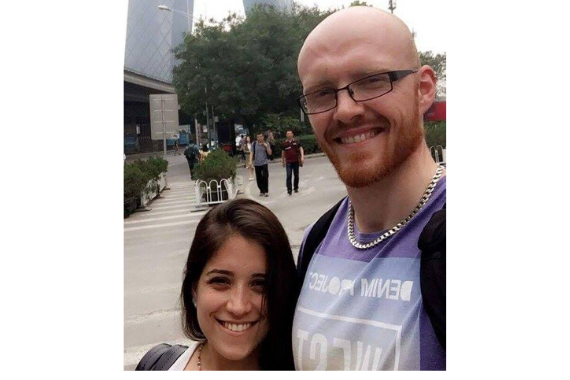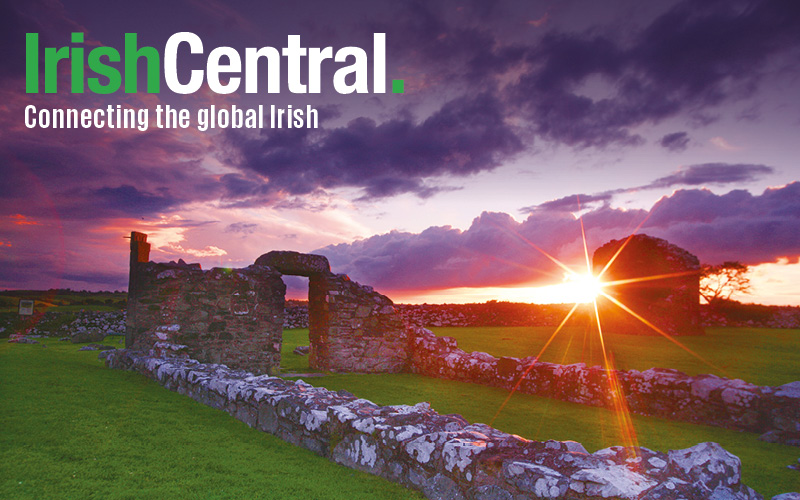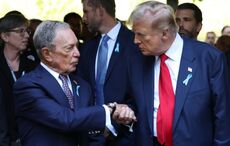There's almost a whole generation of Irish journalists scattered around the world James McMahon talks to Andrew Brennan about leaving Ireland and settling in China.
It has been a tumultuous time in the Irish media world, the passing of Gay Byrne, the father of Irish television coupled with significant cuts announced by his former employer, RTE have left many taken aback and questioning what comes next. For those of us who never had the chance to forge a career on Irish shores, sitting away from this turmoil and sadness makes us wonder what it would have been like if we had been given the opportunity to stay at home and contribute to Irish journalism, would we have had the chance to become another Gay Byrne or would we now be out of a job?
In the same way longevity in sports management in the days of Busby and Ferguson have now passed so too it seems has the window to have the type of career that Byrne had, where he got to develop his style and delivery and enlighten the hearts and minds of millions for while remaining on home soil.
A generation of us left as the economy crashed between 2009 and 2012, others left before and since, builders, engineers, nurses, scientists, and journalists. The well-worn path of Irish journalists heading to the United Kingdom has long been established with fewer jobs in Ireland and sadly less on the horizon.
Two of Ireland's most successful journalists reside in different parts of the UK, Dr. Peter Geoghegan in Edinburgh working with Open Democracy with Bill Neely in London for NBC News.
Irish voices deliver TV news across the world from Doireann Mc Dermott in Latvia to Bronagh Tumulty in Salt Lake City, Utah. Doireann and Bronagh are at opposite ends of the world but they are not alone, they are part of the Irish journalism generation that lives and works thousands of miles from their families and communities but do so due to their passion for telling the news.
Eunan O'Neill established himself as one of the lead TV anchors in Moscow with RT with Seana Davis a familiar face in the homes of millions of viewers for Euronews, based in France alongside other talented Irish journalists Meabh McMahon in Belgium and their colleagues Darren McCaffrey and Shona Murray.
Terry McCarthy covered some of the biggest news stories of the last century while a correspondent for Time, CBS and ABC. Also based in America albeit on the opposite shore to where McCarthy now resides is Donie O'Sullivan at CNN in New York. Also in the city that never sleeps is Malachy Browne, a senior producer for The New York Times. Donagh Mc Keown presents radio shows in San Francisco and Dave O'Connor in Indiana.
Further north Deirdre O'Regan worked for Canadian broadcaster CBC and now resides in Milwaukee. Jane Ferguson brings PBS viewers insights from war zones and has won national and international awards many miles from her native Fermanagh.
Mary Fitzgerald in Libya has reported from more than 40 countries during some of the most challenging times in their histories. Diarmuid Fleming spent 3 years making the tough decisions as the program editor for Al Jazeera in Doha.
Kate Ferguson has been a reporter for almost a decade based on German media powerhouse DW in Berlin. Pablo Foley Elias a UCD graduate has worked for national broadcasters between Spain and Germany for more than a decade but a fellow Galway man Andrew Brennan has also headed down the road less traveled. From NUIG to Washington DC to Beijing, Hong Kong and now Dubai, Brennan explains what it feels like to be one of our generation of Irish journalists, the ones who can't come home but continue to tell stories to audiences that don't share a cupla focal.

Andrew Brennan and his partner in China.
This article was submitted to the IrishCentral contributors network by a member of the global Irish community. To become an IrishCentral contributor click here.




Comments